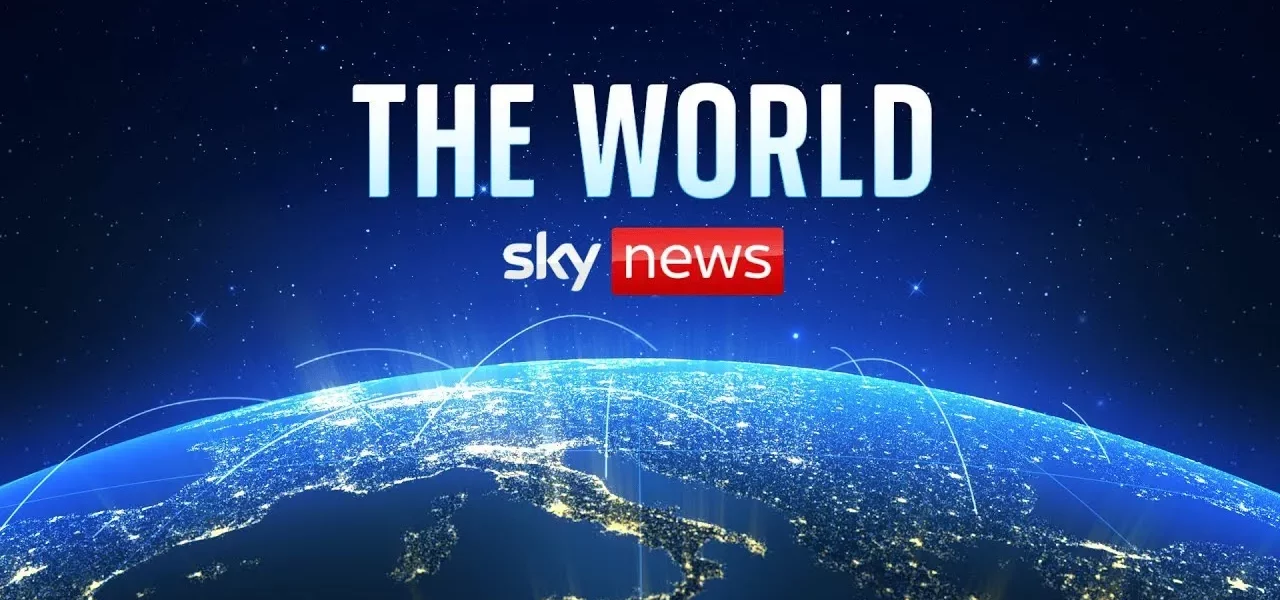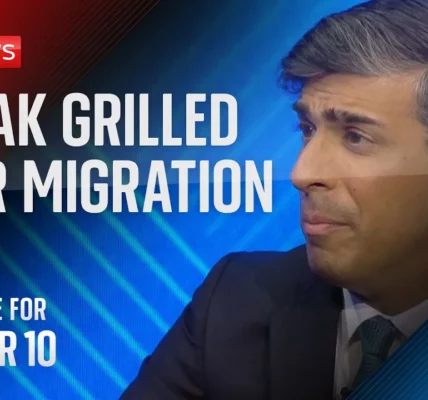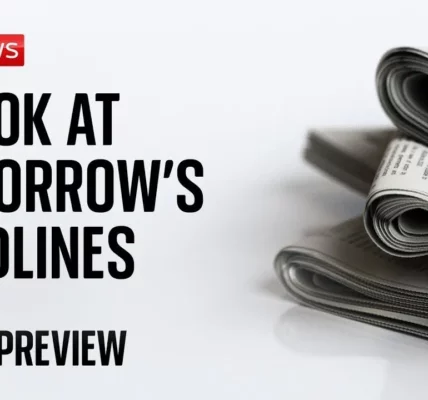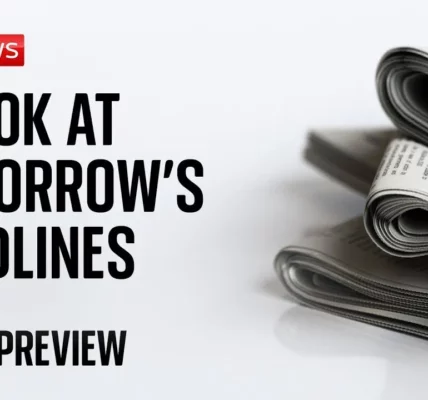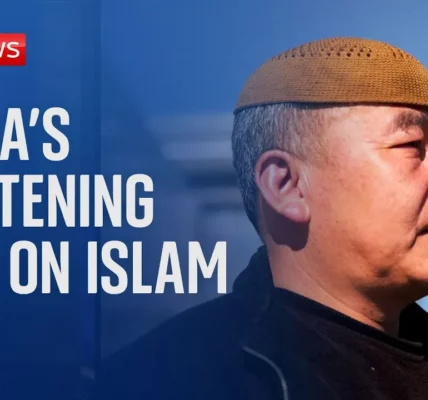Intense Conflict Between Israel and Hezbollah: Latest Updates

The ongoing conflict between Israel and Hezbollah has escalated dramatically, resulting in significant military actions, humanitarian concerns, and geopolitical tensions in the Middle East. This article provides an in-depth analysis of the situation, examining the implications of recent events and the responses from various stakeholders.
Introduction
The recent surge in violence along the Israel-Lebanon border has drawn international attention as hostilities between Israeli forces and Hezbollah intensify. Following a significant missile attack from Iran, Israel’s military response has led to heavy fighting, civilian casualties, and widespread destruction. This article explores the details of these military engagements, the humanitarian crisis unfolding in the region, and the broader implications for Middle Eastern geopolitics.
Military Escalation on the Israel-Lebanon Border
Heavy fighting erupted early in the morning along the Israel-Lebanon border, marked by intense artillery exchanges between Israeli forces and Hezbollah militants. The Israeli Defense Forces (IDF) reported that eight Israeli soldiers have lost their lives in the latest ground incursion into Lebanon. In response, Hezbollah has claimed numerous Israeli casualties, intensifying the conflict.
Artillery Strikes and Missile Attacks
- Israeli artillery targeted Hezbollah positions and several Lebanese villages.
- Hezbollah retaliated with missile strikes into Israeli territory.
- Sirens sounded across nearby Israeli towns throughout the day, signaling incoming threats.
Impact of Missile Strikes
One notable incident involved a school south of Tel Aviv, which sustained damage from a missile strike. Fortunately, there were no casualties as the school was unoccupied at the time.
Iran’s Role in the Conflict
The conflict’s roots can be traced back to Iran’s military support for Hezbollah and its response to Israeli actions in the region, particularly the assassination of Hamas leader Ismail Haniyeh. Iran launched a significant missile attack on Israel, marking a dangerous escalation in hostilities.
Missile Defense Systems
Israel’s defense capabilities, including the Iron Dome, David’s Sling, and Arrow systems, played a crucial role in intercepting incoming missiles. The effectiveness of these systems was demonstrated during the recent Iranian missile barrage.
Potential Iranian Retaliation
Iran’s leadership has responded with warnings against Israeli retaliation, claiming that their attacks have ceased for the time being. However, the potential for further escalations remains high as tensions continue to simmer in the region.
Humanitarian Crisis in Lebanon
The fighting has led to a dire humanitarian situation in Lebanon, with over a million people displaced due to the ongoing conflict. Hospitals are overwhelmed with casualties, and civilian infrastructure has been severely damaged.
Impact on Civilians
- Reports indicate that many of the casualties are women and children.
- Doctors are struggling to provide care amid frequent missile strikes near hospitals.
- Displaced families are crammed into inadequate shelters, facing severe shortages of basic necessities.
International Response
The international community has expressed concern over the escalating violence and its humanitarian impact. Calls for a ceasefire and diplomatic solutions have intensified, but the situation on the ground remains precarious.
Geopolitical Implications
The ongoing conflict poses significant geopolitical challenges for the Middle East. Israel’s military actions are closely monitored by international powers, and the potential for a broader conflict involving Iran raises concerns about regional stability.
Possible Israeli Actions Against Iran
- Targeting Iranian military bases that launched missiles at Israel.
- Strikes against key Iranian infrastructure, including oil facilities.
- Coordinated actions with U.S. military support to deter Iranian aggression.
Future Scenarios
As Israel prepares for potential retaliation, the stakes are high for both the Israeli government and Iranian leadership. The balance of power in the region hangs in the balance, with each side weighing its options carefully.
Conclusion
The conflict between Israel and Hezbollah continues to evolve, with profound implications for regional security and humanitarian conditions. As military actions escalate and civilian suffering increases, the need for a diplomatic resolution is more urgent than ever. Stakeholders must prioritize dialogue and de-escalation to prevent further loss of life and restore stability in the region. For more insights and updates, stay tuned to our ongoing coverage of this critical issue.
“`
